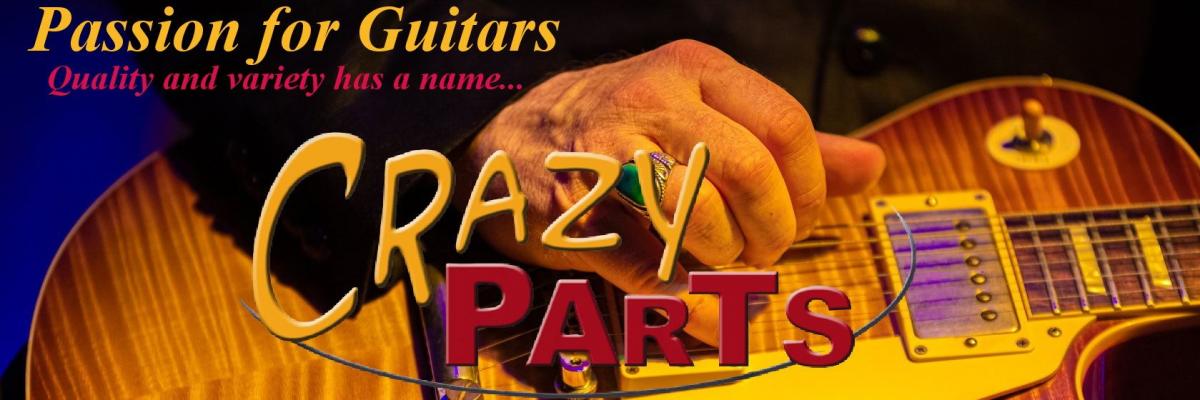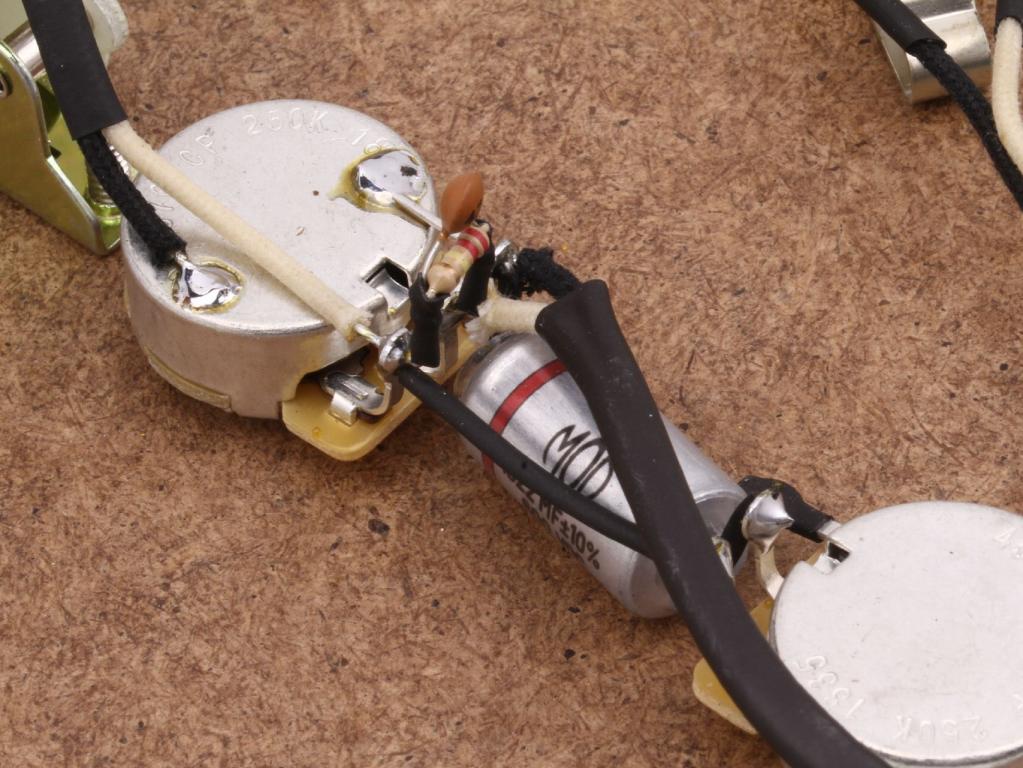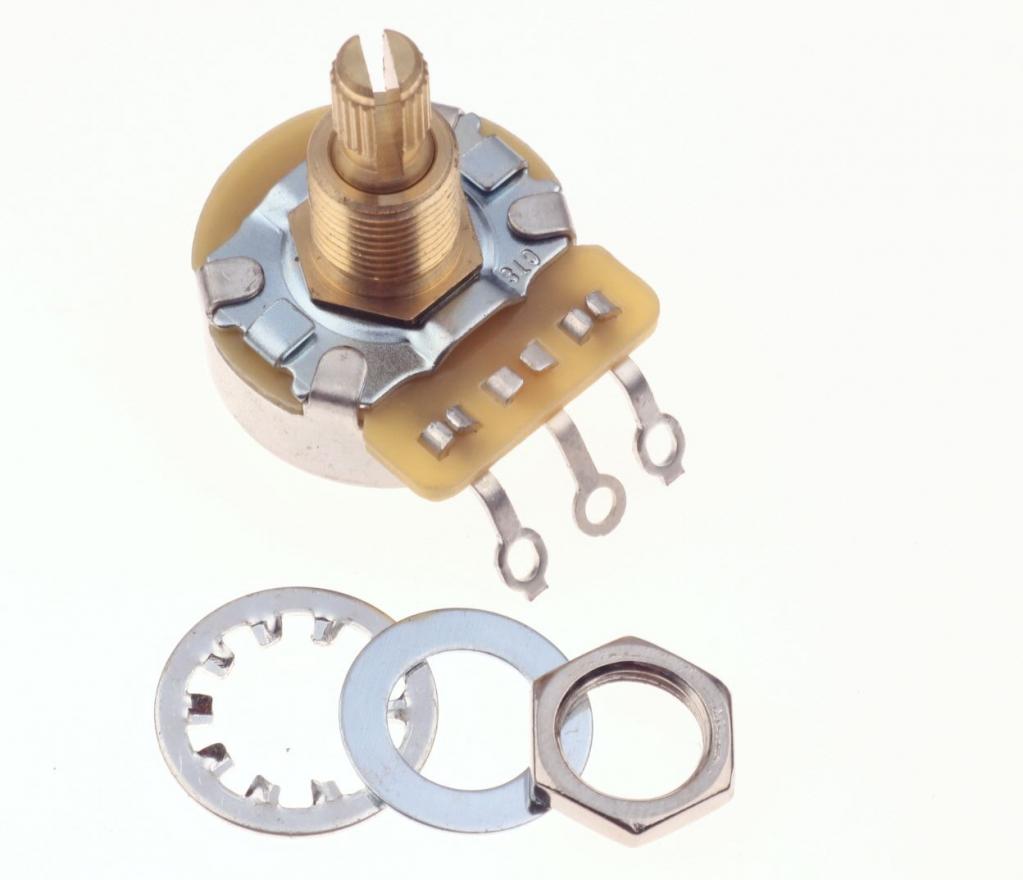Capacitors
Do different types of capacitors have different sound qualities?
Changing the type and value of capacitor used in your guitar's wiring harness can have an effect on the overall sound of your guitar. We have compiled a list of sound characteristics for each different type of capacitor, but please remember that all changes to tone are subjective and each user could understandably derive different sound traits from any component change.
Paper-in-oil Capacitors
Paper-in-oil capacitors, commonly referred to as PIO caps, offer distinct advantages over many other materials. Firstly, their construction with paper dielectric and oil impregnation results in a unique sonic character.
PIO caps are known for their warm, rich, and vintage-like tone, adding a desirable smoothness and depth to the guitar's sound. The paper dielectric also contributes to a more natural and organic response, allowing for subtle nuances and harmonic complexities to be preserved. PIO caps are renowned for their excellent high-frequency roll-off, providing a rounded and sweet treble response without harshness. Moreover, these capacitors are often associated with vintage instruments, adding a touch of authenticity and nostalgia to the overall playing experience.
-----------
Oil Filled Capacitors
Oil-filled capacitors offer several advantages in electric guitars. Firstly, their oil-filled construction provides superior insulation, reducing the risk of electrical leakage and improving overall signal integrity. This results in a cleaner, more transparent tone and enhanced clarity.
-----------
Mylar Capacitors
Mylar capacitors offer several benefits when used in electric guitars. These capacitors, constructed with a polyester film known as Mylar as the dielectric material, are highly regarded for their superior performance. One key advantage is their low tolerance, typically 5% or better. This means that the actual capacitance value closely matches the specified value, ensuring consistent and predictable tone control.
In regards to cap values, this really depends on how much and how quickly you want the treble to roll off. The higher the value, the more treble will be rolled off.












